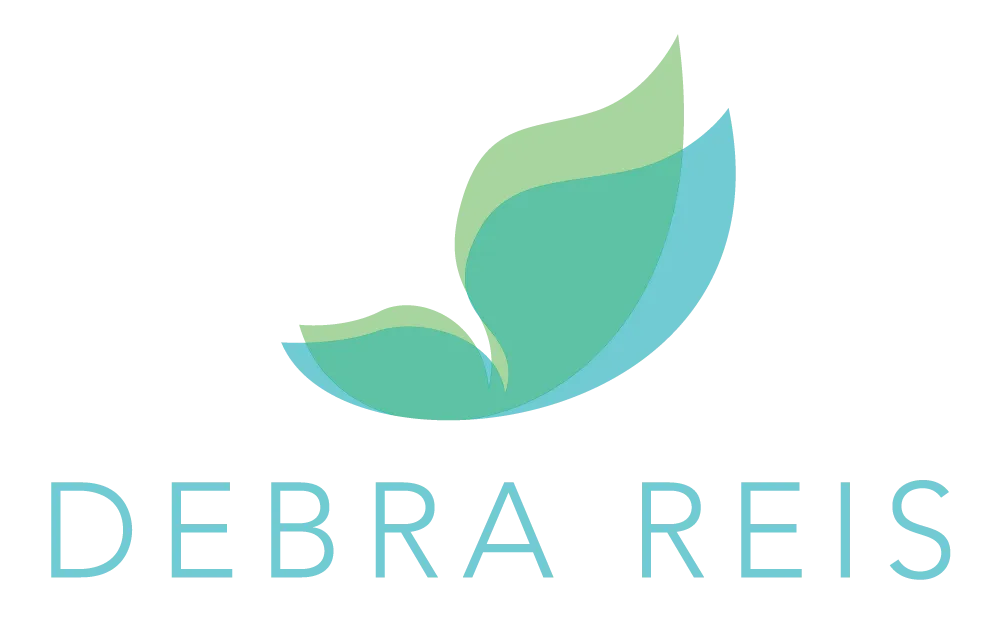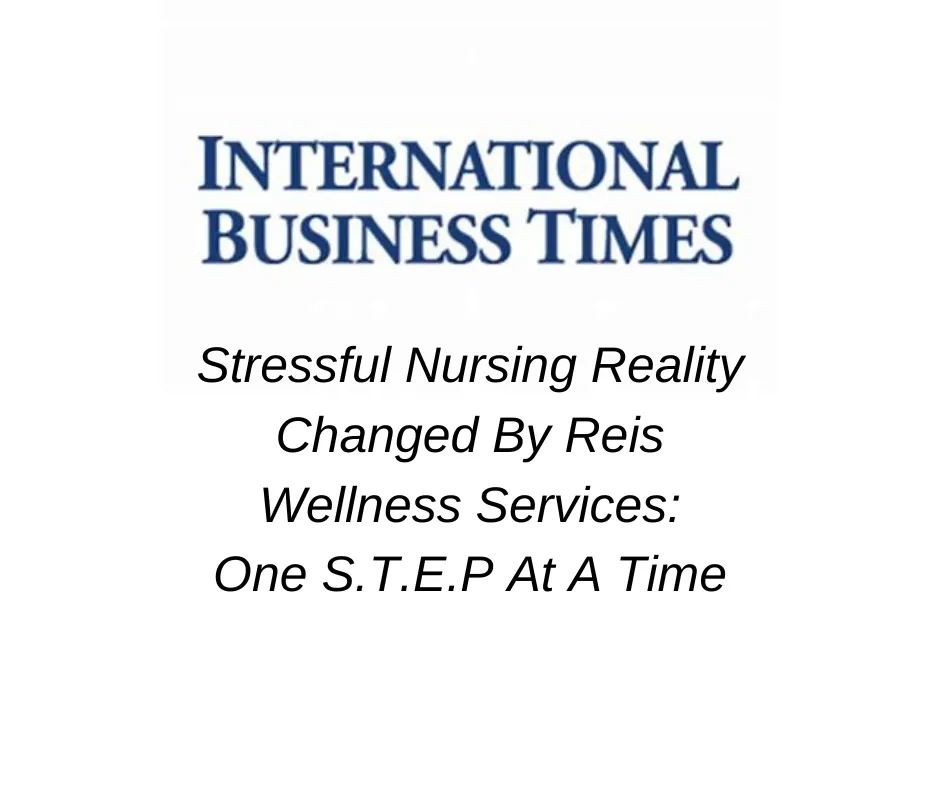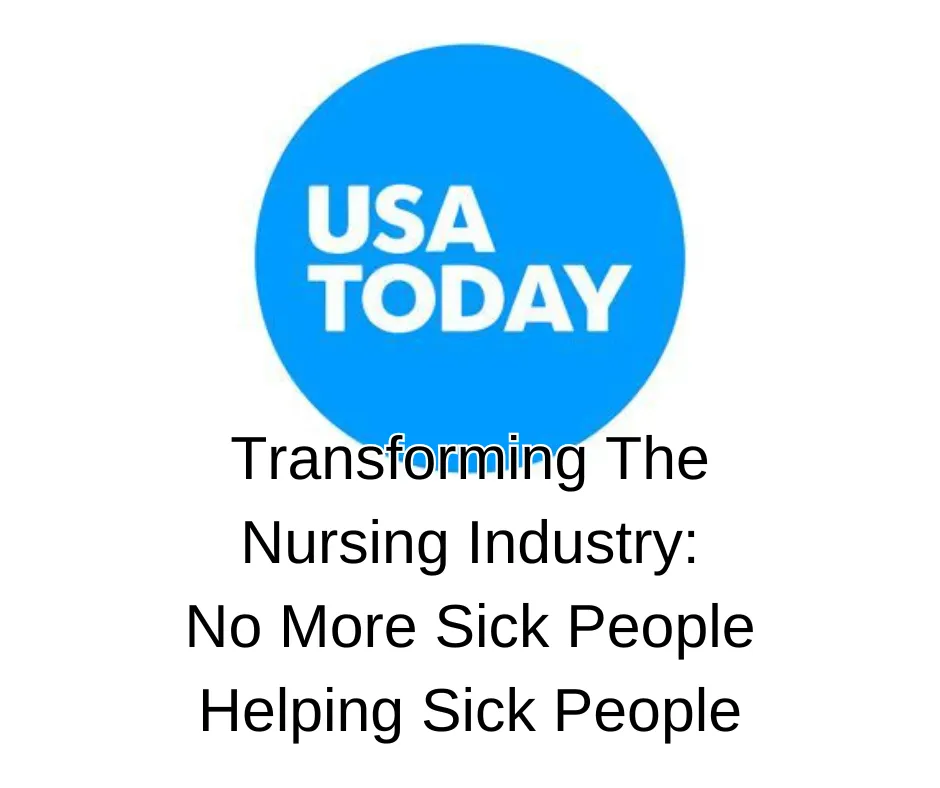
Supportive Therapy helps build and focus the body’s entire range of resources — physical, mental, emotional, and spiritual — to help fight the arduous side effects of serious medical treatment.
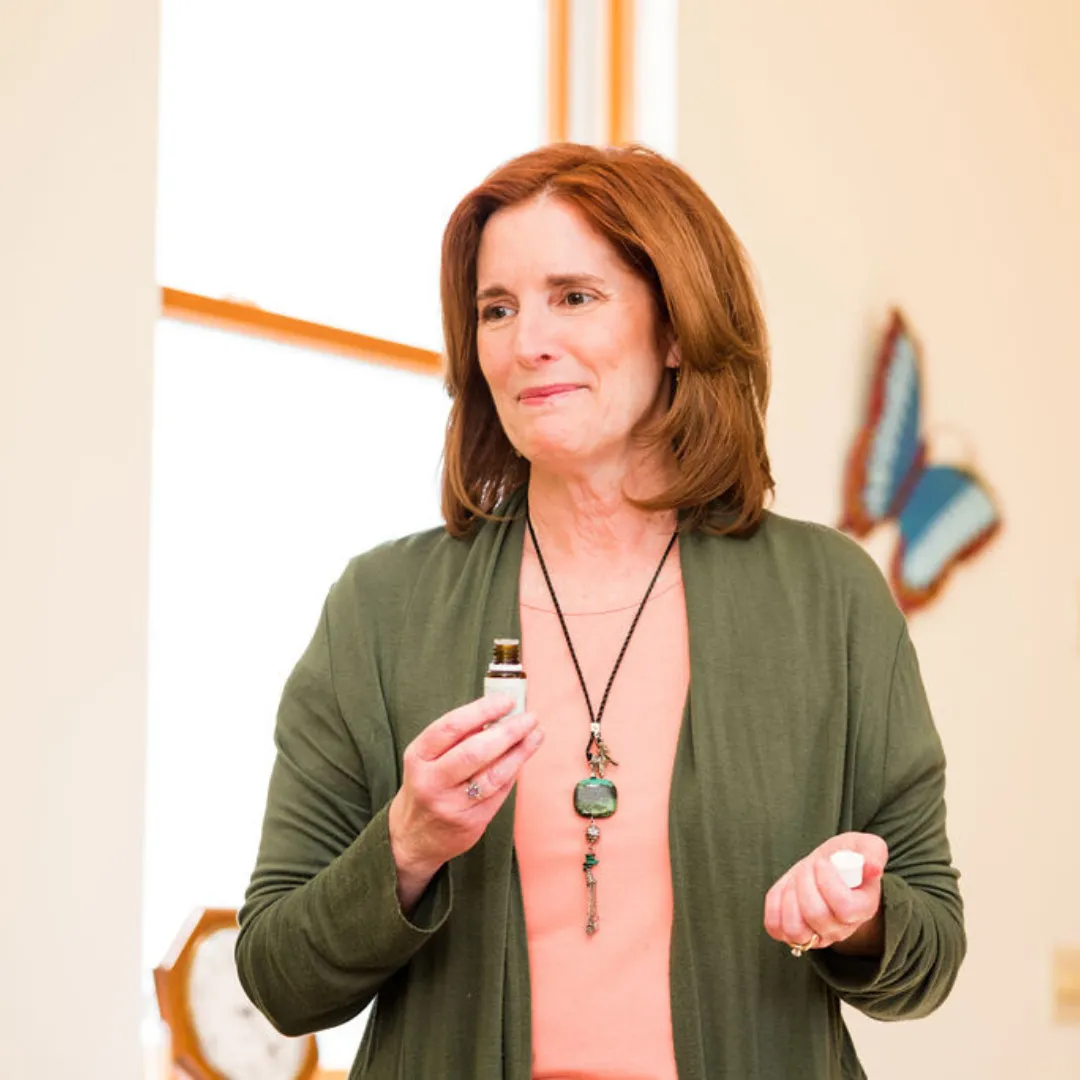
Meet Debra Reis,
MSN, RN, CNS.
Deb is dedicated to transforming the nursing industry through integrative supportive therapies.
As seen in and on...
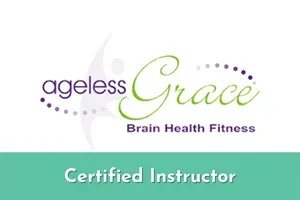
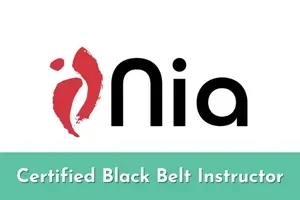
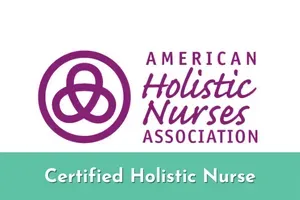
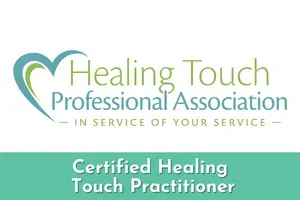
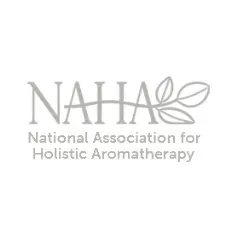
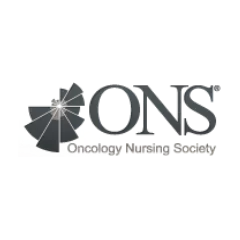
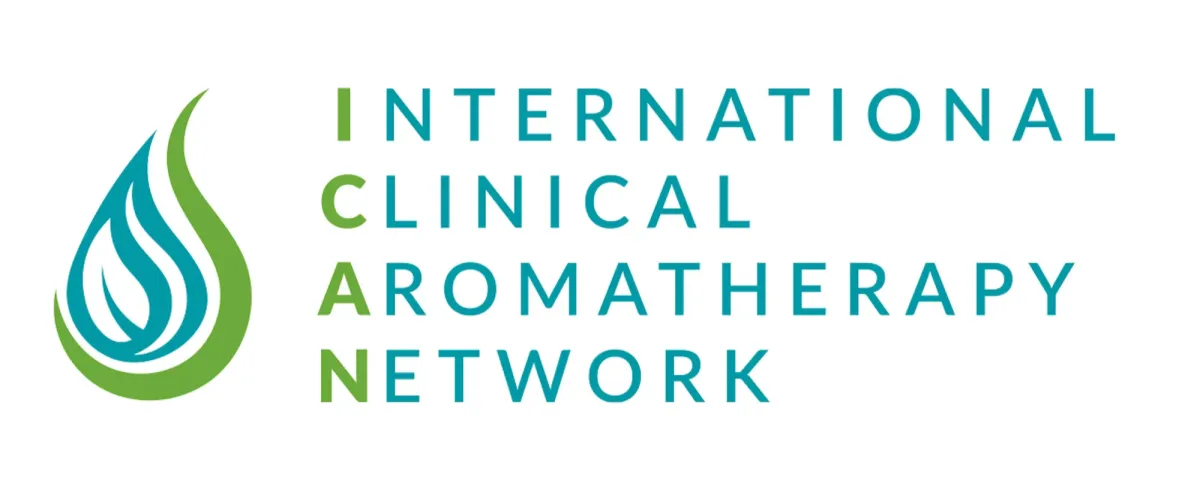
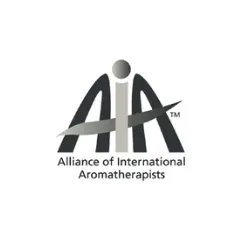
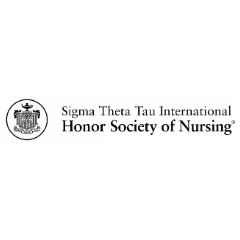
Are you feeling tired, drained, and like there are just not enough hours in the day to be a nurse AND fulfill all your other roles? I’ve been in the healthcare field for 40 years. Somewhere along this journey, I knew there had to be something more than the status quo of traditional medical practices and pushing through neglecting my self-care. Once I started asking questions, the flood gates of integrative therapies opened up.
Imagine, after working your shift, having the energy to be with your family fully engaged in activities that are fun for all. Or, visualize how your life is in balance with your nurse role AND other activities you enjoy such as an exercise class, going back to school, learning a new skill, or spending time with your favorite hobby. These may sound great but how do you do what you need to do and want to do while staying in a place of joy?
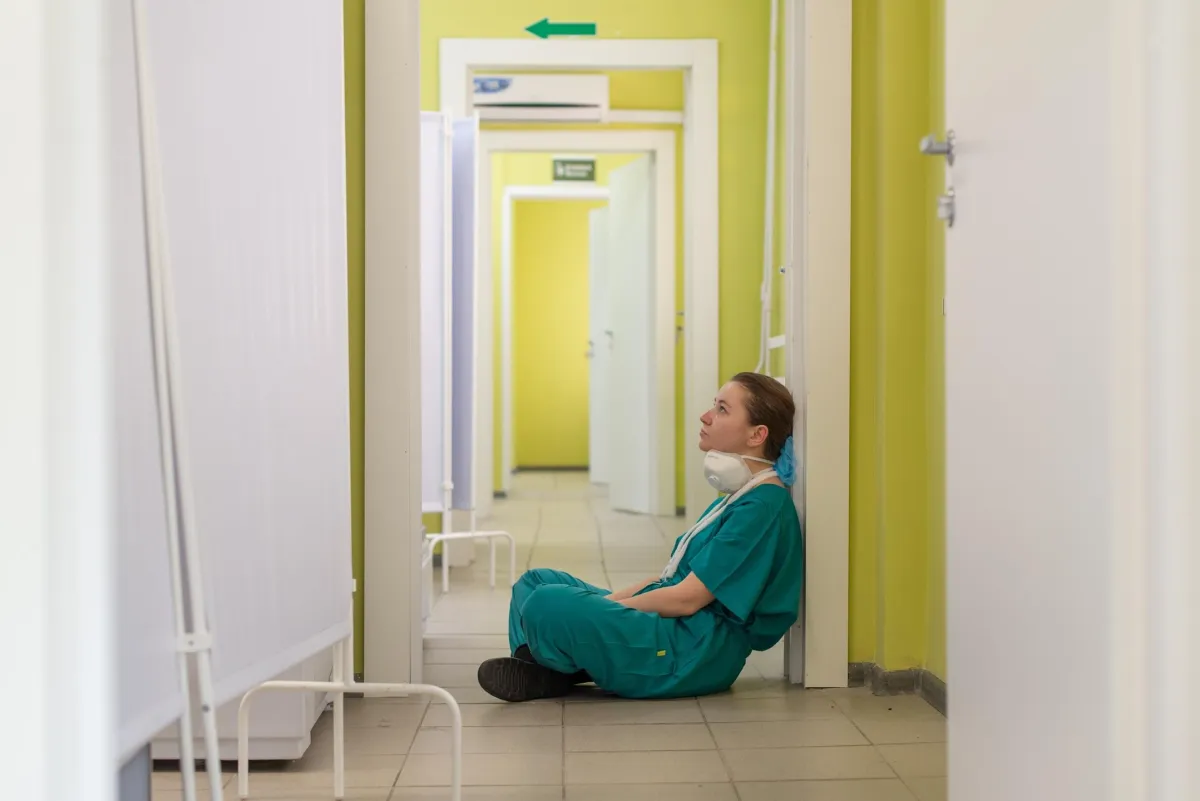
If you are not feeling renewed and balanced, then you're not in the best place to provide services to others. I believe supportive therapies are essential to integrate into your life and your practice. They can help guide you back to a place of peace & balance.
What if there was a better way?
After 35+ years in the healthcare industry, I've discovered that there are 3 easy, convenient ways to overcome stress and overwhelm. Find out now!
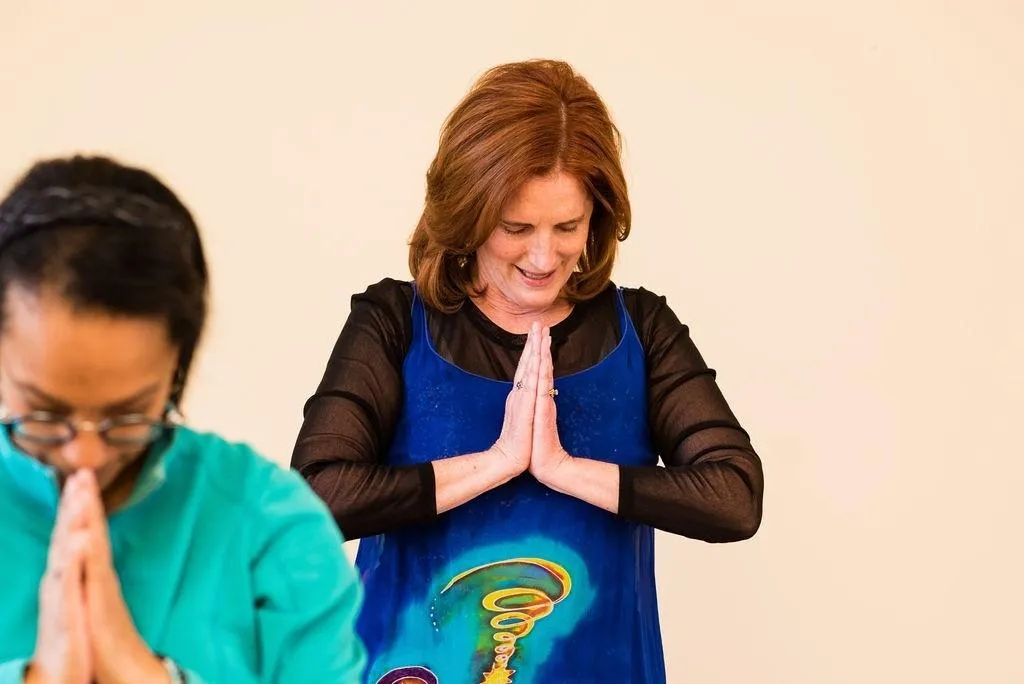
Suffering Led Me to Seek
I really love nursing. However, there was a point where I found myself struggling. I was going back to school, raising a family, and trying to integrate kids soccer games, swim meets, and trying to stay connected with family and friends. I managed but found little time to feed my soul with my passions like dance and art. I began to explore supportive therapies and had fun integrating them into my life and with my family.
I discovered how vital these therapies were for my healing. I had major abdominal surgery, and my recovery was not going well. It turns out that narcotics and my body are NOT in sync. I had severe side effects causing me to be dependent on others for my care. I realized it was time to employ the tools that I had taught so many others. Aromatherapy was essential to control my nausea and other symptoms. Healing Touch was beneficial for my overall balance and well-being. Movement therapy helped get “things moving” again and gave me greater comfort.

Clarence Burge
“Thank you so much for the GREAT new book you have just released on Inflammation. I have now read it four times and each time I found something new to digest. It is obvious that you spent a great deal of time and effort compiling this valuable information. I had no idea that we treat inflammation with “band-aids“ most of the time instead of finding the root cause of the problem. Thankfully, you have done that and given us some terrific ideas, recipes, and systematic investigation techniques that provide solutions for all individuals as different as we all are. I’m sure I will read your book many more times because it has already become a reference guide for me to deal with the results of Cancer Treatments over the last six years."
Where is the Art of Caring?
I clearly remember the time in my practice where I said, there has to be more to nursing than putting the broken pieces back together. Where is the art of caring? Where is the balance for healing myself and my patients?
These questions led me on a journey of exploring supportive therapies starting with energy healing techniques like healing touch and aromatherapy. I always enjoyed dance and movement and knew these were important to my overall health and wellness.
These are all great tools, but how do you bring them into a clinical setting?
As an advanced practice nurse, evidenced-based modalities are essential.
My teaching philosophy includes a combination of science-backed research, ancient energetic wisdom, and practical first-hand experience. These principles were important to me as I explored supportive therapies.
In my experience, supportive therapies were super helpful to patients and clients. Many nurses asked to learn more, and I enjoyed sharing and teaching topics like energy healing and aromatherapy. However, many of those who discovered these modalities found it challenging to do with patients or even for themselves due to time and not knowing how to use these techniques quickly in the clinical setting. They loved the information but wanted it straightforwardly and effectively to help them, and their patients get back to balance effectively.
Stepping in a New Direction
Let’s face it, stress is not new to us as nurses or healthcare providers. The pandemic heightened this awareness of our stress-filled lives, but many of us did not receive any type of coping interventions that would fit into our busy lifestyles.
Life in the clinical setting can be chaotic. It can be a challenge to think about how to use supportive therapies quickly and effectively. In your setting, you may have programs for counseling, or you may have written materials with coping strategies but not something that can help you right now, in the stress moment!
When you don’t have immediate coping resources, you risk burnout and frustration. You and your work are important and you can’t risk these and other health challenges.
I saw a need for nurses and other healthcare providers to have self-care options that were quick and effective. So, I began to explore ways to make these tools short and easy to use in any situation. You must be able to manage stress challenges with a balance in your home, work, and personal lives, especially in a time of global unrest. That's when I developed the Integrative
Supportive Therapy Engagement Program
(I-S.T.E.P.). This signature program is a compilation of decades in the field. It provides step-by-step supportive therapy training for the healthcare providers seeking peace and balance in 5 minutes or less!


Fun Facts About Deb
I’m a hard worker and passionate about supportive therapies in the clinical setting. When I have a project to do and love it, I move into my research junkie role to find out everything I can on the topic. I love the details!
I also like to play hard. You may not know this, but I am a roller coaster fanatic! We do family vacations every year that focus on our favorite theme park, Cedar Point. Yes, I ride them all!
I love the water and beach and have been active in boating most of my life, most recently jet skiing.
I love to travel around the great lakes and discover new places to explore and visit.
If we’re watching a movie, it better be sci-fi or action-packed!
Since I was a little girl, dancing and movement have been part of my life. I find it to be fun and freeing to my soul.
Family is very essential to me, and my grandkids love to dance with me. I enjoy being a Grammie and active in their lives. It is exciting to see them interested in supportive therapies including movement, aromatherapy, and healing touch!
More About Debra Reis, MSN, RN, NP
Industry Highlights
• Clinical nurse specialist using supportive therapies for over 25 years
• Certified as a Healing Touch Practitioner, Clinical Aromatherapist, and a Nia black belt instructor.
• Author, speaker, and nurse practitioner specializing in holistic health and supportive therapies, including essential oils, relaxation techniques, and gentle movement therapies.
• Director and an instructor for the Certification in Clinical Aromatherapy program for the Institute of Spiritual Healing & Aromatherapy
• A nationally known expert in the area of essential oils for cancer care.
• One of her most significant accomplishments is developing the Supportive Therapy services for the Outpatient Oncology service line, which covers nine systems in two states and includes staff, patients, and families.
• She has developed staff education plans and implemented programs using supportive therapies for pain management and other concerns working with leaders in the Emergency Center, Critical Care, Pediatrics, and others on how to bring supportive therapies to their departments and specific patient populations.
• Debra maintains an independent practice as a holistic consultant and practitioner.
Professional Experience
• Coordinator, Healing Care Program, ProMedica Cancer Institute, Sylvania, OH, 2005 – present
• Holistic Nurse Practitioner, 1999 – present. Role includes a collaborative practice with a physician to provide holistic health concepts including wellness consultations. Independent practice includes essential oils, Healing Touch, gentle movement and guided imagery. Individual and group sessions are offered as well as classes on various holistic health topics
• Clinical Nurse Specialist, Pulmonary Care, The Toledo Hospital, Toledo, OH, 1989 – 2005
• Clinical Nurse Specialist, Medical-Surgical Units, Mercy Hospital, Toledo, OH, 1986 – 1989
• Staff Nurse and Rotating Charge Nurse, Medical-Surgical Intensive Care Unit, Mercy Hospital, Toledo, OH, 1979 – 1986
Published Articles
Reis D., Whitten J., Leslie M. (Dec, 2022). Integrating Holistic Therapies into Healthcare. Institute of Spiritual Healing & Aromatherapy, Masterclass Webinar.
Reis D. (Sept/Oct, 2022). Three tips to quickly reduce stress for essential frontline workers. Energy Magazine. San Antonio, TX.
Reis, D. (July 5th, 2022). Applications of aromatherapy for self-care, HTPA Virtual Chapter Meeting. San Antonio, TX.
Reis D. (June, 2022). Nurses integrate holistic therapies for patient comfort in outpatient oncology. American Holistic Nurses Association/Beginnings. Topeka, KS.
Reis D. (May/June, 2022). Transforming sick care into genuine health care. Energy Magazine. San Antonio, TX.
Reis D. (Mar/Apr, 2022). Enrich your energy-based practice with aromatherapy. Energy Magazine. San Antonio, TX.
Reis D., Throne T., Keller J., Koffel C., Chen T., Young-McCaughan S. (2022). Cancer-related fatigue: A pilot study evaluating the effect of frankincense essential oil in patients with cancer receiving chemotherapy. Cancer Nursing
Reis D. (Nov, 2021). Calm your financial stress today using simple supportive therapies. Best Holistic Life. Independently published.
Reis D. (July/Aug, 2021). Healing touch and other supportive therapies for outpatient cancer centers. Energy Magazine. San Antonio, TX.
Jones T & Reis D (2018) Safe Essential Oil Practice in Cancer Centers, Oncology Issues, 33:5, 48-54.
Reis, D & Jones, T (2018). Frankincense essential oil as a supportive therapy for cancer related fatigue: A case study. Holistic Nursing Practice, fall issue.
Weihbrecht L, Alexis M, Audia D, Cohen M, Niswonger D, Pace S, Reis D, Rodrigues D, Scheidel C (2018). Clinical Committee: Model aromatherapy policy. Aromatics in Action, Fall (1), pp 23-31.
Reis, D, Jones, T, Frey, G (2017). Developing an aromatherapy program for outpatient oncology. International Journal of Professional Aromatherapists, Fall 6(2).
Reis, D, Jones, T (2017). Aromatherapy: Using essential oils as a supportive therapy. Clinical Journal of Oncology Nursing, 21(1), pp 16-19.
Reis D (2012). Inflammation and Your Liver, Cool it Down with Essential Oils
Reis D (2011). Radiation Report
Reis D (2010). Top 5 Oils for Cancer Care
Smith L & Reis D (2011). How to Succeed in the Business of Aromatherapy
Reis D, Walsh ME, Young-McCullough S, Jones T (2013). Effects of Nia Exercise in Women Receiving Radiation Therapy for Breast Cancer, Oncology Nursing Forum, September 2013.
Reis D, Walsh ME, Jones T (2011). Nia exercise in patients with breast cancer undergoing radiation. ONS, Radiation Special Interest Group Newsletter, July; 22(2); 1-10.
Walsh ME, Reis D, Jones T. (2011). Integrating Complementary and Alternative Medicine: Use of Essential Oils in Hypertension Management. J Vascular Nursing, June; 29(2).
Walsh ME, Reis D., Jones T. (2010). Integrating Complementary and Alternative Medicine: Use of Myrrh in Wound Management. J Vascular Nursing, September; 28(3): 102.
Reis, D. (2010). Meeting needs of cancer survivors through holistic community programs, Beginnings, Summer.
Brolinson, P., Price, J., Ditmyer, M. & Reis, D. (2001). Nurses’ Perceptions of Complementary and Alternative Medical Therapies. Journal of Community Health, 26(3), pp 175-189.
Reis, D. & Sturis, I (1995). Sharing Governance with Your Patient. Journal of Shared Governance, 1(1).
Reis D (1994). Case Management Reduces Costs, LOS for Ventilator Patients. An interview for Critical Care Management, 2(1), p 3-5.
Good-Reis D & Pieper B (1990). Structured vs Unstructured Teaching: A Research Study. AORN, 51(5), pp1334 – 1339.
Blichfeldt O’Brien M, Honkomp B, Reis D, Greenlee K, O’Donnell M, Rehm A, Ritz S, Depew C (1990).
Delegation of Nursing and Nonnursing Activities in Critical Care. AACN: Laguna Niguel, CA.
